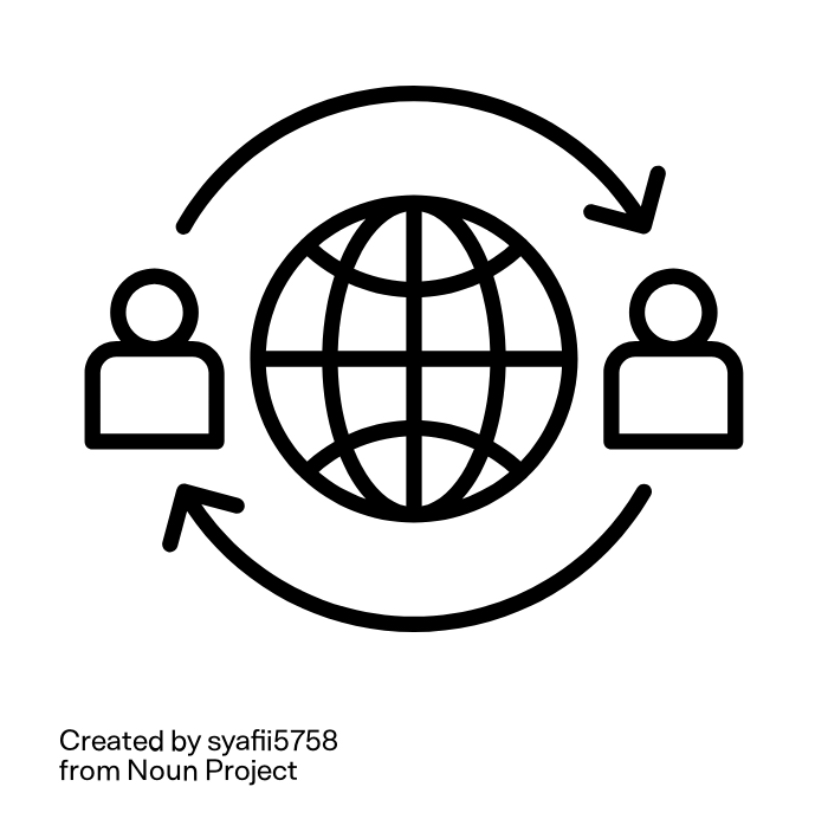This what do I do

Sale, purchase and donation of property

Inheritance process

Drafting a Will

Power of Attorney

NIE application (per individual)

Consultation

Hourly rate

Aplication for holiday letting property registration

Non resindet income Tax filing

Court Proceedings

Immigration issues

Certification of documents
This process encompasses, but is not limited to:
- Evaluating the situation and determining the optimal approach for property sale, purchase, or donation, with a focus on tax implications and other potential risks.
- Coordinating property inspections as needed.
- Conducting property due diligence, involving a legal survey.
- Drafting contracts.
- Handling documentation: gathering necessary paperwork and preparing the property for sale, purchase, or donation.
- Preparing required Power of Attorney (POA) documentation if applicable.
- Initiating National Identification Number (NIE) applications for involved parties.
- Coordinating with notaries and verifying deeds.
- Completing property registration.
- Interacting with relevant tax offices.
- Facilitating utility name changes if required.
International succession processes tend to be intricate. The procedure encompasses, but is not limited to:
- Initial assessment to determine applicable laws and the optimal method of acquiring Spanish assets, considering existing wills and the involvement of parties across different jurisdictions.
- Formulating a strategic and low-risk plan.
- Tax assessment.
- Locating and liaising with executors as needed.
- Managing lengthy documentation requirements across various countries and jurisdictions.
- Preparing necessary Power of Attorney (POA) documentation.
- Obtaining essential National Identification Numbers (NIE) for involved individuals.
- Coordinating with notaries and validating deeds.
- Registering assets subject to registration and transferring remaining estate to rightful beneficiaries.
- Negotiate with banks to acquire and change the name of all products, rights and investments that belonged to the deceased.
- Managing interactions with relevant tax offices.
- Facilitating utility changes and other related tasks.
Creating a will is more complex than it may appear, particularly when multiple jurisdictions are involved, as often seen with expats in Spain or foreign individuals with Spanish assets. The process involves:
- Initial consultation to understand the testator’s intentions.
- Drafting the will and translating it at the chosen notary office.
- Notably, wills drafted in Spain are typically individual and formalized before a public notary, incurring notary fees.
The complexity of POAs varies greatly, from straightforward court related POAs to more comprehensive arrangements resembling the lasting power of attorney in the UK. The procedure includes:
- Evaluating the situation to determine the most suitable type of POA.
- Drafting the POA and translating it at the chosen notary office.
- Notary fees apply in this case as well.
The NIE is an official identification number for foreigners in Spain, crucial for tax-related matters. It’s a significant document that can be obtained either at the Spanish Consulate in your home country or within Spain. A passport-sized photo is necessary for the application, which also incurs a minor tax.
€120 an hour.
Each individual who is not a tax resident in Spain, yet owns or holds an interest in Spanish property, is obligated to pay Income Tax on the property as if it were generating an income. This is known as implicit income. Essentially, the law assumes that you derive some income from the property due to it not being your primary residence. The income is determined based on the rateable value of the property, using an objective system. Generally, this results in a nominal tax amount. The tax declaration must be submitted by the end of the year following the tax year. In Spain, the tax year corresponds to the calendar year, running from January 1st to December 31st.
I prioritize avoiding court proceedings whenever feasible due to Spain’s often lengthy court processes. Solving matters out of court demands substantial expertise but is more rewarding for all parties involved, both personally and professionally, and is generally more cost-effective. While I can handle court cases within my expertise, I also collaborate with seasoned colleagues for matters beyond my scope. Feel free to inquire about any matter of interest. Notably, I have achieved significant success in court, including obtaining decisions from the Spanish Constitutional Court acknowledging violations of the right to a fair trial for clients, and successfully claiming life insurance linked to mortgages.
Registering a property as a holiday home with the Valencian Region Tourism Department is a complex process, albeit essential for listing on major platforms like Booking.com or Airbnb.com. Given that each town hall in the Valencian region has its own regulations, the process involves:
- Checking with the relevant town hall and obtaining a certificate permitting property use as a holiday home. This certificate involves the payment of a tax that may vary depending on the municipality.
- Registering the property with the Valencian Region Tourism Department.
- Fulfilling paperwork requirements (complaint sheets, labels, etc.) and notifying guests as required by law.
- The application fee for town hall and Tourism Department registration is €300 plus VAT. In case of complications, additional fees will be discussed.
If an arrangement for hourly billing is agreed upon, my hourly rate is €120, with a minimum chargeable period of 15 minutes. VAT applies.
On request
Many bureaucratic formalities require documents that are certified by a professional to be true copies of the original. A Spanish lawyer can certify many of these documents quickly and easily
Site Map
Location
Avda. Maisonave, 41 3-B
03003 - Alicante (España)
